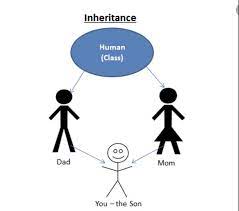Inheritance:

The Supreme Court ruled that the property of a man who had died without executing a will and is survived only by a daughter will devolve upon the daughter and not others such as his brother.
- The judgment, which came on an appeal against the Madras High Court verdict, dealt with the property rights of Hindu women and widows under the Hindu Succession Act. Daughters’ right to inheritance has always been disputed in this country despite law stipulating so.
- It said “right of a widow or daughter to inherit the self-acquired property or share received in partition of a coparcenary property of a Hindu male dying intestate is well recognised under the old customary Hindu Law.
- The court discussed Mitakshara law and looked into among others to ‘Vyavastha Chandrika’, a digest of Hindu Law by Shyama Charan Sarkar Vidya Bhushan which quoted ‘Vrihaspati’ as saying ‘the wife is pronounced successor to the wealth of her husband; in her default, the daughter.
- As a son, so does the daughter of a man proceed from his several limbs.
- How then, should any other person (b) take her father’s wealth?
- The SC also noted that the book quoted Manu as saying “the son of a man is even as himself, and the daughter is equal to the son. How then can any other inherit his property, notwithstanding the survival of her, who is, as it were, himself.”




